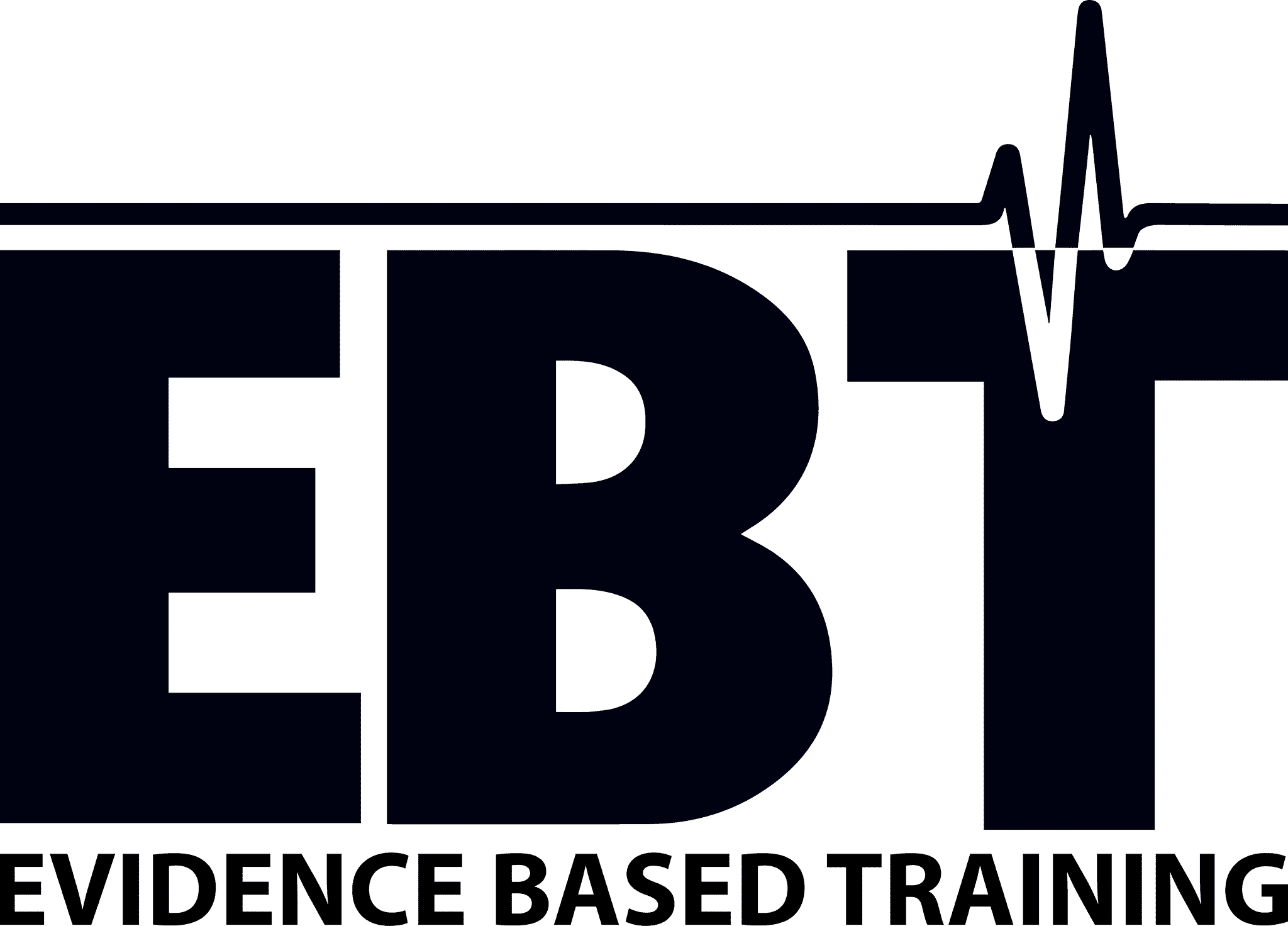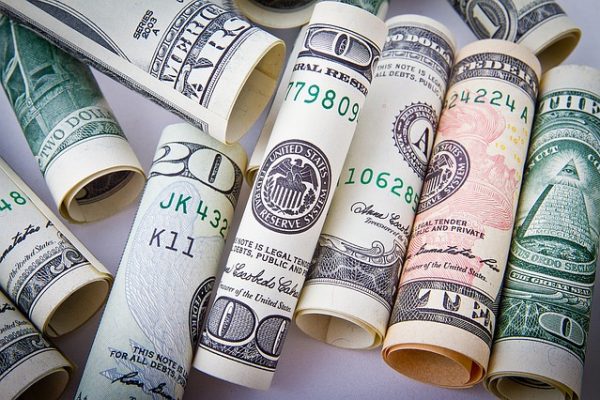It is not uncommon that a study of a drug or product will be sponsored by the producers of that drug or product. This is usually because drug companies need to show that their product is safe before they can sell it. Can these studies be trusted? After all, it is in the interest of sellers to have positive studies to back their products. Many people say no, but let’s look at what the science says.
This study compared published studies looking at effects of various drugs and compared industry sponsored studies with unsponsored studies. It found a difference in results, with sponsored studies having more positive results compared to unsponsored studies.
Why Are Industry Studies More Favorable?
You are probably thinking “BECAUSE THEY ARE CHEATING”. But here’s what we know: Sponsored studies tend to have better results than unsponsored studies. If we now want to explain this, we may need to speculate. The problem with speculation is that it is easily influenced by one’s opinions rather than facts. If you hate big corporations, chances are you will speculate in a fashion to make big corporations look bad.
Here’s how we reason:
Industry has an interest to make money and sell their products. However, industry corporations also have a big interest in their brands and reputations. We also know that the scientific community are extremely cold-blooded when it comes to criticizing studies, meaning that falsifying data or cheating is a huge risk that companies most likely aren’t willing to take.
Getting caught once would remove all brand credibility and be a company nightmare. So why do industry studies show more beneficial results than unsponsored studies? Authors consider why this difference exists, and cannot say it is to “traditional bias” (like lack of blinding, drop-out) in the sponsored studies. Instead, based on other evidence, authors speculate that sponsored studies seem to show more positive results by:
1. Sponsoring studies where the result is most likely going to be positive: Asking the right research question in a study can make all the difference “How does a 2000 calorie diet with soda compare with a 2000 calorie diet without soda when it comes to weight?”. In this case it is fairly obvious that there will be no difference between the groups when it comes to weight if calories are kept constant. Thus, the soda industry will choose to sponsor such a study, because spreading understanding of caloric balance benefits them.
2. Choosing inferior control products (lower doses, inappropriate timing, placebo), making it more likely the tested products will look better.
3. Selective registration of data and data analysis. This can be done in a way as to not “cheat”. For example: only collecting data on people who have recently undergone gastric bypass surgery, consuming soda. These people will probably still lose weight since they are most likely eating far less calories than before. The illusion: soda leads to weight gain, but it was they surgery!
4. Choosing not to publish unfavorable results, or publishing favorable results multiple times. An example is the soda industry’s choice to publish reviews (summaries of all available research on a topic) on how soda affects weight. A few years ago there weren’t enough studies to actually confirm that soda consumptions lead to weight gain. During this time, industry sponsored many reviews which naturally reached this conclusion: today’s studies are too flawed to say that soda consumption leads to weight gain. However once high quality studies started being published, it became more apparent that soda actually lead to weight gain. Since then (around 2011), the soda industry have stopped sponsoring reviews, since they know the results will be bad.
5. Using favorable wording (“spin”) in the conclusion, despite negative study results.
So, there are many subtle ways in which sponsored studies might give a false impression. That being said, unsponsored study authors can also have conflicts of interest leading to inaccurate representation of study results.
Take Home
Should you dismiss results of industry sponsored studies altogether? No. After all, many times the industry is the only source of studies on a variety of different topics, as money is always a limiting factor when creating and publishing studies. Industry can do some shady stuff, however. The classic diet industry study trick is comparing a “control group” with a “exercise + fat burning product group”. The second group usually loses weight leading to industry saying that “the fat burning product group lost more weight (OMG OMG OMG).” In reality the study setup doesn’t prove if it was the product or the exercise that lead to weight loss… So our advice is to look at the data and draw your own conclusions when it comes to sponsored studies. Use the EBT study checklist to really understand what information a study is giving you.
We believe that industry sponsorship should be seen a source of bias, and that these studies should be extra well monitored, but that their results shouldn’t be blown off completely. Use them as a piece of the puzzle when trying to draw conclusions around a topic.
Source: 10.1001/jamainternmed.2013.4190








